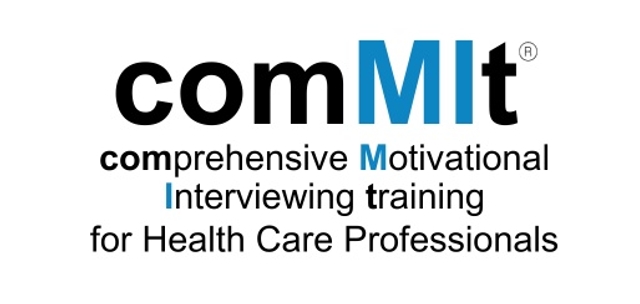Case Management Society of America
Welcome to CMSA's Career and Knowledge Pathway!
These educational programs and tools are designed to enhance and extend case management knowledge throughout your career.
You can choose from shorter 1-2 hour sessions recorded from Annual Conference in the Educational Resource Library, or enroll in an extended course such as the Integrated Case Management training or Standards of Professional Case Management Practice program. You may also want to attend a live webinar or simply download a few Guides to provide you additional resources.
Looking for Social Work hours?
You'll find a drop down on the Categories menu in the Courses section that links all the
Social Work approved sessions together to make searching easier for you.

Educational Resource
Library (ERL)

Case Management
Training

Guides and
Other Downloads
 Webinars -
Webinars -
Live / Recorded

Exclusive
Programs
Product Bundles
Library

comMIt: Comprehensive Motivational Interviewing Training for Health Care Professionals
This program is centered around motivational interviewing which is an evidenced based effective method for improving adherence to health behaviors. It was developed...

CMSA's Opioid Use Disorder Case Management Guide
The United States continues to experience an unprecedented opioid epidemic. Every day, ~130 individuals die from opioid overdose. Case managers are in a unique...

"Stop Telling Me about Self-Care!" Case Managers and Self-Care Fatigue
RN and CCM Session: Explore the challenges case managers face in cultivating sustainable self-care practices. How do healthcare institutions thwart efforts for better...

The Case Manager's Guide to Antimicrobial Stewardship, April 2024
Duplicate webinar from Sept 2023 & Feb 2024. You may not claim CEs twice. ** FREE 1 hr RN and CCM CE** Antimicrobial resistant infections are present in acute care...

Create Your Eat Well Plan - Fast Tips to Eat to Reduce Inflammation & Feel GREAT
Care Managers, like other healthcare workers are at a higher risk of burn-out. Self-care is essential and eating is a critical component. Our session will teach you...

Ethical Considerations in Surrogate Decision Making: Family Meeting Guide
** RN, SW, CCM Ethics ** Surrogate decision making raises many ethical issues. In all settings, decisions regarding goals of care often must be made by either elected...
